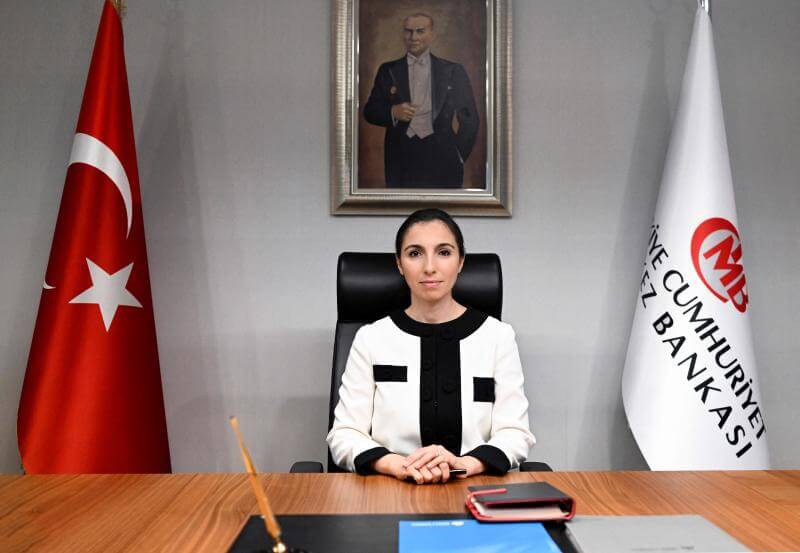Turkey: German tourists are leaving – Hotels and restaurants are 36% more expensive Greek City Times
Bookings from Germany to the southern coast of Turkey for this summer season have decreased.
Turkey has been a top holiday destination for German tourists for years. However, that is changing rapidly. Significant price increases in hotels and restaurants are leading many to reconsider their choices this year.
According to German research company Travel Data + Analytics, bookings from Germany to the southern coast of Turkey for this summer season have decreased by 10% compared to 2023.
Official data from the Turkish Statistical Institute (TÜİK) shows a 36% increase in accommodation and catering prices in June compared to the same month last year, with the increases affecting regions from the Mediterranean to Istanbul.
The decline in tourism demand is expected to have a negative impact on other sectors, such as catering, transportation, and retail, according to Katrin Pasvantis, Foreign Trade Specialist at the German Trade & Invest (GTAI) organization.
The depreciation of the Turkish lira against the euro has until recently provided an economic advantage for foreign visitors. However, President Recep Tayyip Erdoğan’s prolonged low-interest rate policy and rising inflation have eroded this benefit.
Despite successive interest rate hikes by the Central Bank of Turkey (currently at 46%), inflation remains high — with official figures putting it at 35% in June and independent estimates, such as ENAG, putting it at almost twice that. As a result, many tourism businesses are now pricing in euros, making holidays in Turkey less attractive for foreign tourists.
Recent political tensions, such as the case of Istanbul Mayor and opposition presidential candidate Ekrem İmamoğlu, are causing additional uncertainty, affecting the lira exchange rate and international confidence.
Commerzbank, through analyst Antje Praefcke, expresses doubts about the Central Bank’s ability to support the lira with sufficient foreign exchange reserves. Despite the rhetoric of an “interest-free economy,” Erdoğan himself continues to avoid painful but necessary reforms, which intensifies investor concerns.
Although the new Finance Minister, Mehmet Şimşek, took office with the aim of restoring confidence, markets remain cautious. The lack of predictability is also leading German companies to take a wait-and-see approach when it comes to investing in Turkey.
At the same time, geopolitical tensions in the wider Middle East region continue to affect both tourism and economic activity negatively.
READ MORE: India equips Rafale with X-Guard – What does this mean for Greek Rafales and Eastern Mediterranean threats?



